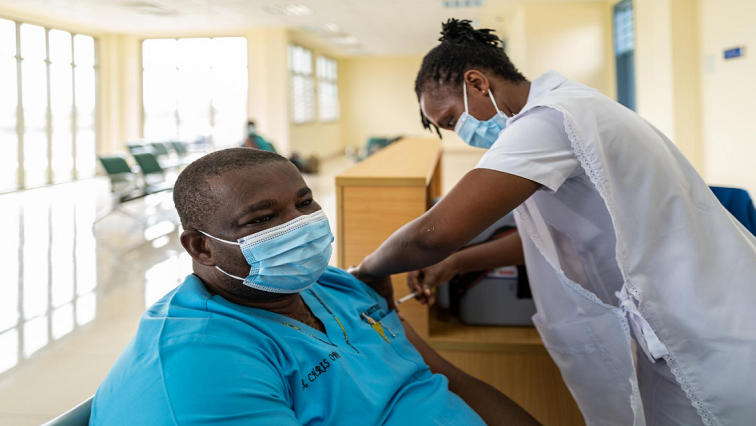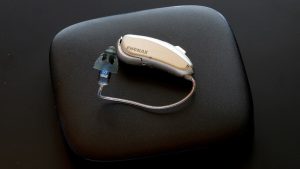World Health Organisation Regional Office for Africa (WHO-AFRO) says there are vital lessons to learn from Africa’s COVID-19 vaccination rollout, such as planning and preparation.
Forty-seven African countries are now rolling out COVID-19 vaccines and over 17 million doses are given on the continent.
Angola, Ghana, Mauritius and Rwanda have made strong progress.
In a statement, the WHO-AFRICA says nearly 40 African countries developed national vaccination plans before COVID-19 vaccines began arriving in bulk on the continent, many with support and guidance from WHO.
It says the early and wide-ranging preparation by African countries is paying off, as countries with good plans and logistical capacities already in place began vaccinating their priority populations the fastest.
Ghana
Ghana, the first African country to receive vaccines through the COVAX facility, reached over 470 000 people in areas with the highest number of COVID-19 cases in just 20 days, including over 60% of its first phase target population and around 90% of all health workers.
In the video below, SABC News correspondent in Ghana Nabil Ahmed speaks about the arrival of the vaccines in February:
Angola
Angola’s electronic pre-registration system helped ensure the right people were vaccinated and that they know where and when to get the vaccine. SMS messaging, email confirmations and QR codes for on-site verification have also proven useful in preparing to deliver second doses, as well as collecting data to monitor the safety of vaccines.
Manager of Angola’s National Expanded Programme on Immunisation, Dr Alda de Souza says, “Vaccination started on March 10, and in two weeks we had vaccinated over 70 000 people from priority groups across the country, including over 35 000 health workers.”
Angola has also invested heavily in cold chain logistics and storage facilities to ensure that all COVID-19 vaccines, including those that must be stored at ultra-cold temperatures, can be used in the country in the coming months.
Below is the full statement by the WHO-AFRO:






